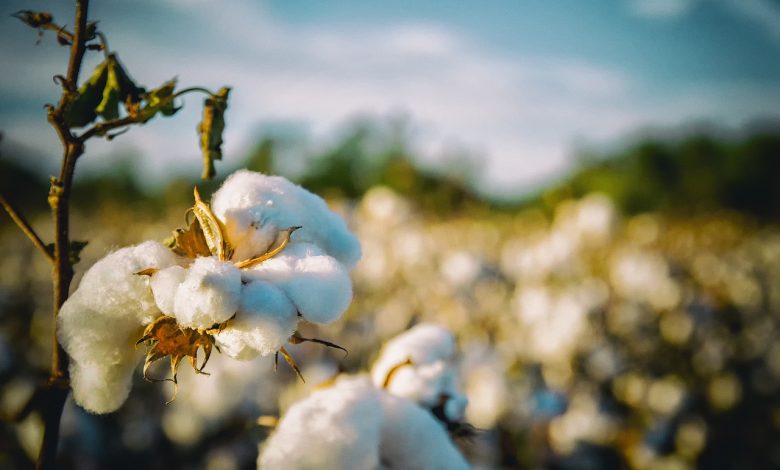Report: Organic Cotton Production Reduces Water Consumption
According to the Soil Association, life cycle analyses show that organic cotton reduces water consumption by 91% compared to conventional farming.

The Soil Association, a UK-based organic certification body, says transitioning toward organic cotton production can offer significant and large-scale impacts like reduced water consumption and reduced farm-to-fabric pollution.
The association’s report titled “Thirsty for Fashion?” brings attention to the environmental impact of apparel production and the benefit of transitioning to organic materials. The report shares some facts about the current state of cotton production:
- About 2 pounds of cotton takes 10,000-20,000 liters of water to produce
- 20% of global water pollution results from dyeing and finishing of textiles (to produce 1 ton of textile takes 200,000 liters of water)
- Cotton production uses 2.5% of the world’s cultivated land but accounts for 16% of all insecticides sold globally
- Cotton production also accounts for 4% of artificial nitrogen and phosphorus fertilizers used globally
- Growing cotton requires 220,000 tons of pesticides and 8.8 million tons of synthetic fertilizers per year
Moreover, cotton production takes place in countries facing water scarcity like China and India. “In China, 80-90% of fabric, yarn, and plastic-based fibers are made in water-scarce or water-stressed regions,” says the report.
According to the Soil Association, life cycle analyses show that organic cotton reduces water consumption by 91% compared to conventional farming. Organic soils require less irrigation, and 80% of the land that produces organic cotton is located in predominantly rain-fed areas. These areas require much less blue water, according to the report.
Additionally, organic farmers use techniques to conserve water, such as rainwater harvesting, selecting seed varieties that are drought resistant, and proper soil management. The report also suggests that organically farmed crops yield better results than their conventional counterparts during times of drought.
“Given the proven benefits of organic cotton to people and the planet, citizens, brands, and policy-makers can support organic cotton as a serious and impactful step to addressing the water crisis in cotton,” the report states.
Several initiatives are seeking alternative farming methods like the Better Cotton Initiative, the Cotton made in Africa initiative, Fairtrade, and REEL. The Global Organic Textile Standard joins the effort by ensuring certified factories use low-impact chemicals, monitor water and energy use, treat wastewater properly, and provide safe working conditions for employees.